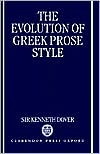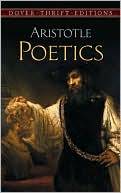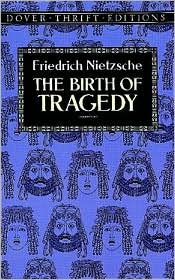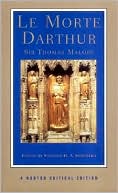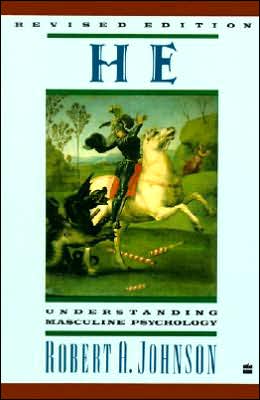The Evolution of Greek Prose Style
Greek prose literature evolved much later than poetry, and rapidly became a sophisticated art-form. The book examines how this evolution progressed, from about 500 BC down to the time of Plato and Demosthenes. Stylistic choice is treated from the point of view of the relations between speaker and hearer and the balance between innovation and the hearer's expectations.
Search in google:
Greek prose literature evolved much later than poetry, and rapidly became a sophisticated art-form. The book examines how this evolution progressed, from about 500 BC down to the time of Plato and Demosthenes. Stylistic choice is treated from the point of view of the relations between speaker and hearer and the balance between innovation and the hearer's expectations.BooknewsExamines how the last literary form to develop in ancient Greece evolved into a sophisticated art during the fourth century B.C., especially in the hands of Plato and Demosthenes. Investigates linguistic conventions that can be attributed to unwritten narratives and oratory, the extent to which content and form can be separated, stylistic choices as they determine the relationship between the creator and receiver, and the balance between innovation and deference to the receiver's expectations. Annotation c. by Book News, Inc., Portland, Or.
List of FiguresList of TablesBibliography and Abbreviations1Form and Content12Units of Utterance263Quantification414Speeches, Stories, and Talk575Time and Place796Special Languages967Variety1318Rhythm160AppendixPoetry and Prose: Ancient Terminology182Addenda187Indexes189
\ BooknewsExamines how the last literary form to develop in ancient Greece evolved into a sophisticated art during the fourth century B.C., especially in the hands of Plato and Demosthenes. Investigates linguistic conventions that can be attributed to unwritten narratives and oratory, the extent to which content and form can be separated, stylistic choices as they determine the relationship between the creator and receiver, and the balance between innovation and deference to the receiver's expectations. Annotation c. by Book News, Inc., Portland, Or.\ \
